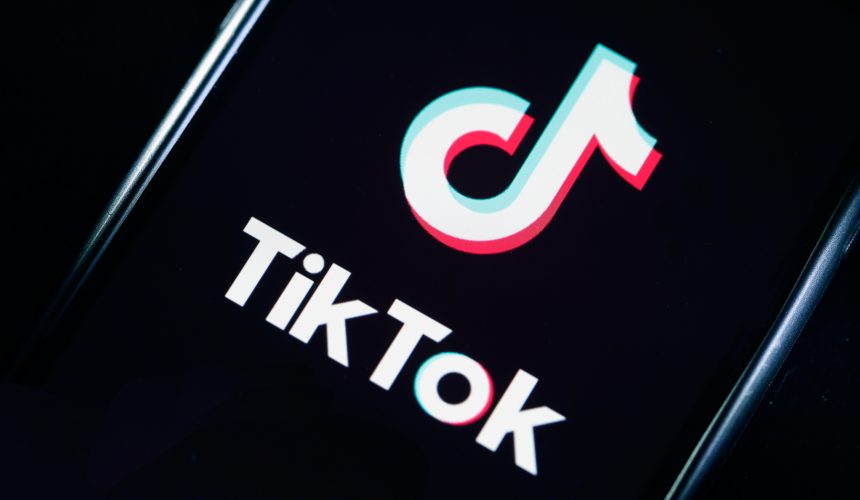By Seun Johnson
Nigeria’s greatest treasure lies in its kaleidoscope of cultures and traditions.
With its vibrant rhythms in music, bold expressions in fashion, and rich flavours in cuisine, coupled with a tapestry of unique languages and festivals, the Giant of Africa brims with an inexhaustible well of inspiration.
By blending these cultural identities with cutting-edge technology, Nigerian brands are consistently driving demand and connecting deeply with both local and international audiences.
For instance, the beverage brand such as “Zobo Kings” has elevated the traditional zobo drink by introducing modern packaging and flavor variations.
Through this formular, the brand was able to appeal to health-conscious millennials while at the same time preserving its cultural authenticity. By positioning themselves as a “taste of home,” they have turned a once-humble street drink into a lifestyle product.
Also, Asoebi Connect, an online marketplace that links customers with fabric dealers and designer, has tapped into the system of digitizing the age-long tradition of coordinating fabrics for social events.
Through the platform, customers can easily source fabrics and tailor-made outfits, combining the convenience of e-commerce with the cultural importance of community gatherings.
However, none of these efforts would have been as effective or resonated meaningfully with customers without the impact of technology, which serves as a catalyst for cultural branding.
Technology has become a veritable toolkit for Nigerian brands to amplify their cultural narratives. For example, Deola Sagoe, a renowned Nigerian fashion brand, uses augmented reality to allow customers to virtually try-on outfits inspired by Yoruba and Igbo heritage.
At the same time, social media platforms remain powerful tools for spreading this cultural narrative. Platforms like Instagram and TikTok have been quite useful for brands like “Bantu Wear” who connects with global and local audiences, by showcasing clothing inspired by Nigerian heritage.
The Nigerian Food industry has also witnessed a significant blend of tradition and innovation. Brand like “Nuli Juice” is reportedly incorporating local fruits like baobab, hibiscus, and tiger nuts into their products. This makes it more appealing to consumers who are looking for healthy and organic options.
By branding these local ingredients as ‘superfoods,’ the company has positioned itself as both culturally relevant and globally competitive.
Any brand that celebrate its heritage and also embrace new technologies will not only gain the loyalty of their domestic audience but also position itself as ambassador of culture on the global stage.
Take or leave it, the future of Nigerian brands lies in the fusion of tradition and modernity that captures the essence of what it means to be proudly Nigerian in a world that is ever-evolving.






Comment
No comments found.